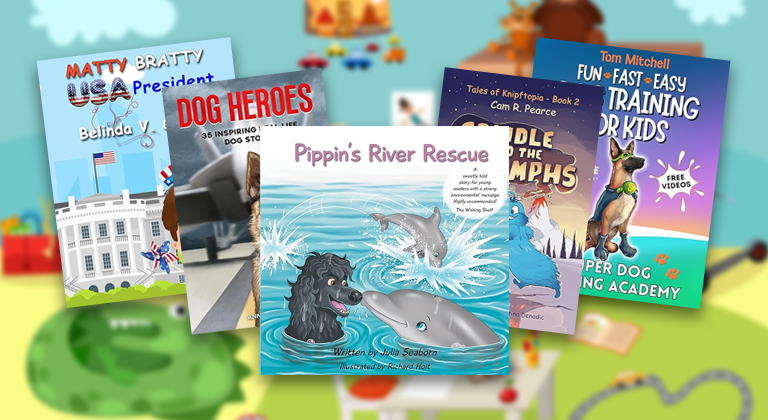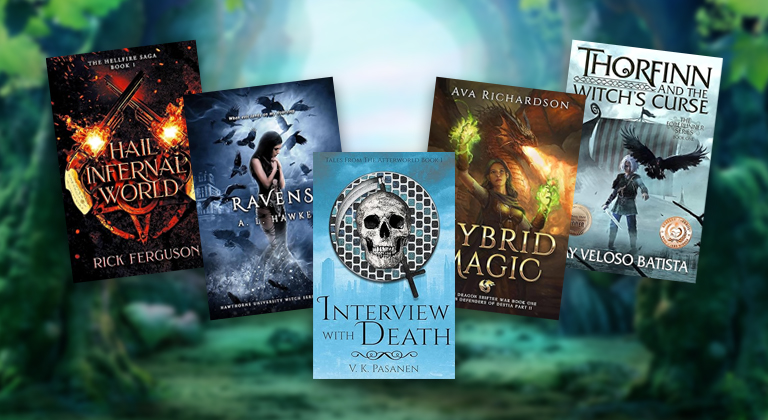Writing Therapy connects you with readers
Throughout history, writers have found solace in expressing their pain and trauma through their work, as a type of writing therapy. However, the benefit isn’t just for the author. Writing about our deepest wounds can resonate deeply with others, validating their silent suffering and forging powerful connections through our shared struggles.
That’s why finding the courage to write about our pain isn’t just about getting something off our chests. As Ginger explains in today’s blog, it’s also about adding a sense of honesty and authenticity to our work that will build stronger bonds with readers and be appreciated more than you might think.
Expressionist painter Edvard Munch created the “Mona Lisa of modern art” when he painted The Scream in 1893. A truly haunting painting that depicted his panic attack after losing track of his friends during a walk, it served as a keyhole into the turmoil of trauma, depression, and mental illness that Munch battled with throughout his life.

I believe the reason this painting in particular resonated with such a large audience is because it was relatable. In a society in which we’re meant to put our best foot forward at all times, people appreciated an artist showing them the anxiety and agony he struggled with, because it validated their own silent suffering. It’s truly a perfect example of how an artist’s burden is often to transmute their personal pain into creative expression; and the ones who dig the deepest often become the ones remembered best.
The same is most definitely true in writing. As Hemingway described writing: “All you do is sit down at a typewriter and bleed.” Despite being a man known best for his masculinity and bluster, Hemingway appealed to many readers because of the vulnerability of his characters – writing about pain and problems that polite society had never felt comfortable speaking openly about.
To do that, however, he often had to reach into his own personal experiences; and risk ridicule and mockery if people connected the dots and figured out that his writing reflected aspects of himself.
A good example is how, in The Sun Also Rises, he chose to make his protagonist Jake Barnes unable to perform sexually. This was inspired by an injury that Hemingway had suffered during World War I, in which both legs and, more notably his crotch, were peppered with shrapnel. Hemingway was forced to temporarily experience the sexual dysfunction he’d later curse Jake to live with permanently – and it made his book infamous. Sexual inadequacy and impotence has been a cause of anxiety for generations of men, but only books like The Sun Also Rises were courageous enough to talk about it in the conservative 1920s.
Writing about the things we’re not supposed to talk about – especially when they’re inspired by our own darkest experiences and trauma, like in Hemingway’s example – is an incredibly powerful way to connect with readers. If you share the same trauma as they do, some of them will feel like your book was written specifically for them. It wasn’t, of course – but because you had the courage to write about a personal pain they share with you, it makes these readers feel seen and understood.
Building a readership through shared experiences
Obviously, the first benefit to writing about painful personal subjects is that it can be extremely cathartic – it’s an amazing feeling to be able to write about your struggles and get them off your chest.
But an additional benefit is that sharing your pain can really help build an audience of engaged readers – people who appreciate how you can write about a subject in a way that seemingly nobody else can.
One writer friend of mine described writing her book about escaping an abusive relationship as “cheaper than therapy.”
(In fact, it wasn’t just cheaper – the modest success of her book meant that it ended up paying her!)
But she was actually surprised at how successful her book was. Becoming a successful author off the back of her trauma-dump hadn’t been her plan originally. Like many authors who work on books about sensitive subjects, she’d done so originally just because she wanted to get those things off her chest – to “transmute pain into art” through a story based on real-life experiences (made better with a happily-ever-after ending.)
Yet when the novel hit the digital bookshelves, she discovered more and more readers loving the story she’d told – and the authenticity with which she’d described her toxic relationship. The fact that the novel ended with the heroine successfully escaping that relationship (and finding love with a healthy, supportive new man) gave them hope for their own futures; and turned first-time readers into committed fans.
It turned out that writing for herself – and writing about the things that really hurt – introduced her to a whole new audience she’d never been able to reach before.
Mutual Connections
Writing a book for yourself first enables you to write without censoring anything, and if you finally find the courage to self-publish that book, it’s not uncommon to experience the same thing my friend did – finding many new readers who really appreciate the authenticity your raw and honest approach brings to a story.
We even recorded a podcast recently on that very topic – romance author Amey Zeigler joining us to talk about “words as medicine” and the concept of writing as therapy.
It’s not therapy, obviously (and definitely shouldn’t be used as an alternative to speaking with a licensed mental health professional) but there’s definitely something therapeutic about it; and I think many writers would agree that some of their best fiction came about by delving deeply into their own pain and translating it into a story.
But there’s more to it than just writing for yourself. You might be the target audience of your book, but that doesn’t mean you’re the only person who gets something valuable out of reading it. That’s the most marvelous thing about writing from the heart. It’s almost like a duty to help ease the burden of your readers by sharing your own burden with them.
To do that takes courage, of course. More courage than most people possess. Only a few people have the courage to write anything, but even fewer have the courage to write about traumatic topics they might not be ready to have scrutinized by their family, friends, and loved ones.
But Hemingway had a quote about that, too:
“We are all bitched from the start and you especially have to be hurt like hell before you can write seriously. But when you get the damned hurt, use it-don’t cheat with it.”
Hemingway believed that if you had pain, trauma, or hurt in your past, then it was your duty to write about it – that the pain was the only thing that enabled you to “write seriously.”
He believed this because he also believed that this was the kind of writing that provided value to other people – giving that pain a purpose that brought some kind of meaning to it all.
“All good books are alike in that they are truer than if they had really happened and after you are finished reading one you will feel that all that happened to you and afterwards it all belongs to you: the good and the bad, the ecstasy, the remorse and sorrow, the people and the places and how the weather was. If you can get so that you can give that to people, then you are a writer.”
So, don’t be afraid to reach into the deepest, darkest places of your own personal experience to find the inspiration to tell your stories. More people out there might appreciate it than you could possibly imagine.












Excellent post! Here’s what I shared on FB and Twitter: “A good reminder for us writers to always look for and show the emotion in our characters. As a reader, I’m so happy when I find an author who gets that just right and resonates with me.” Thanks for all your excellent posts!